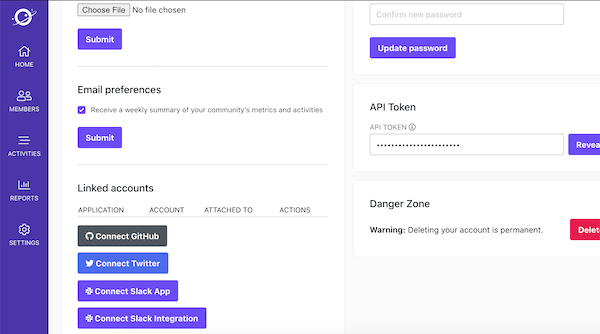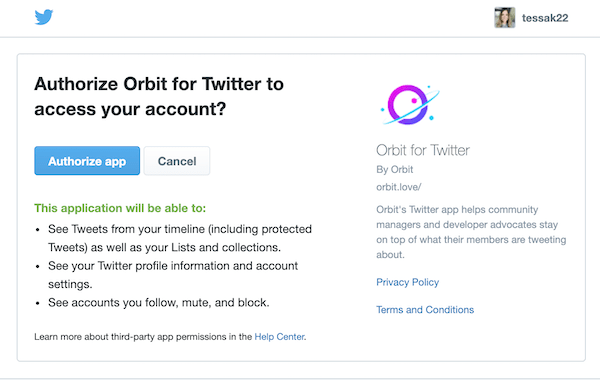Using Orbit to better manage your open source developer project community

Tessa Kriesel
Posted on April 2, 2021
Managing an open source project is already a task in itself, let alone worrying about your community and how to best manage it—whatever that means. The truth is though you have a community of developers all around you. You're either writing code for them to use, or working side-by-side them as they contribute to a project you maintain.
Your project is going to continue to succeed, as it has, without embracing community management, but your project can excel if you can learn to make it a part of the project maintenance. Therefore, we wanted to share a way to capture your community stats, to monitor your members and their dedication, to help track back to the overall success & growth of your project.
Maintainers often forget that they sometimes have tons of fans in the shadows willing to support them—if they'd just ask.
What tool is the right tool?
Using tools from great companies that offer zero to nominal fee subscriptions will help you leverage your community when you need it most, while also improving the experience and environment of your projects community for your users and maintainers. It will allow you to listen to your key members & implement feedback that could increase adoption and build a stronger trust for your product. The best marketing of all for developers is building trusting relationships, how do you know who to prioritize first?
Let's build your community management stack
You can setup an Orbit account, for free, to setup community management tracking in less than 10 minutes.
Create an Orbit account at app.orbit.love/signup
You can have multiple workspaces under one single Orbit account. Create an account that's specific to you, then add a workspace for your project. You can also invite co-maintainers to your workspace.
- Use GitHub or Google to quickly authenticate your new Orbit account. Or manually enter your email and desired password—if that's more your style.
- If you receive a confirmation message, navigate to your email for verification. Tip: Mine appeared in my Gmail promotions category.
- Click confirm my account in the email from Orbit
- Your account should now be verified.
- Login to your new Orbit account!
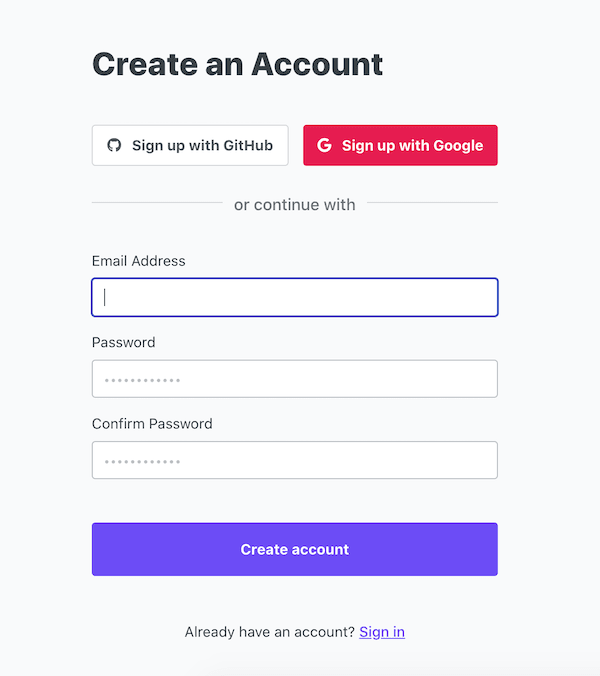


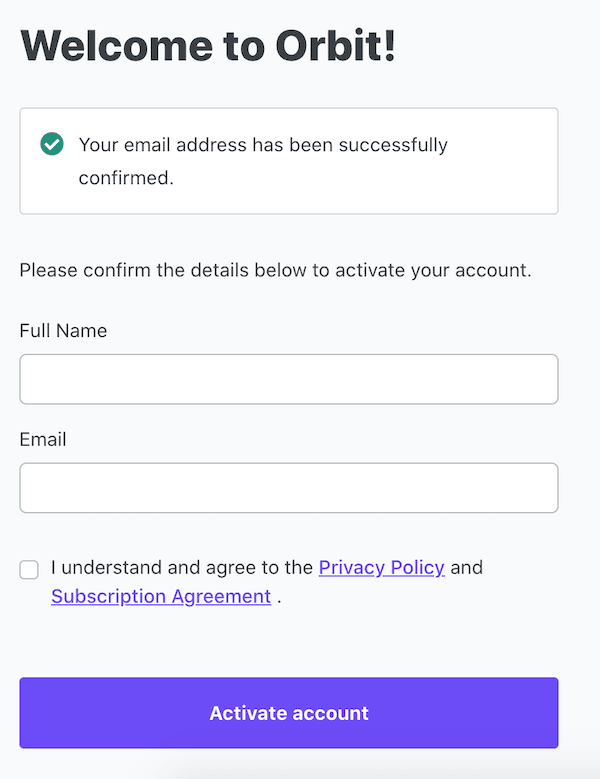

Create your new workspace at app.orbit.love/workspaces/new
Enter the name of your new workspace and begin connecting accounts.

Connect GitHub & Twitter
GitHub & Twitter will import your members and their activities within your two profiles. If you do not have a Twitter account for your open source project, that's okay. Although, I would recommend you start one. We'll cover that topic in the future.
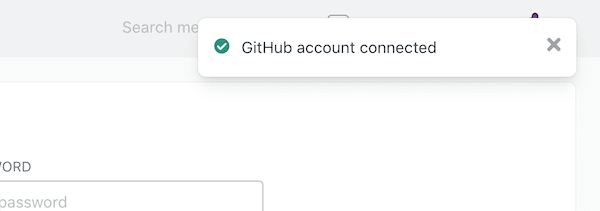

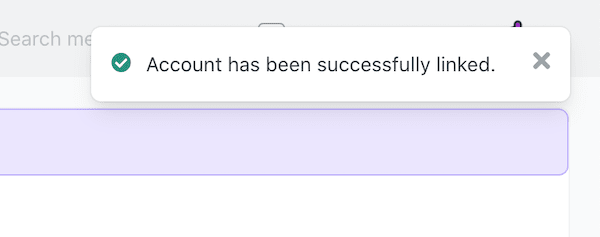



If you use Slack or Discourse, you can also follow these similar steps to integrate them as well. Which I would strongly recommend doing if you do.
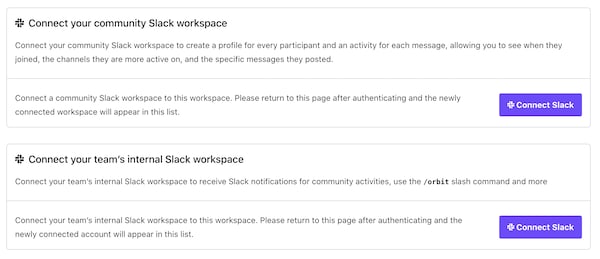

Choose Your Next Adventure
Whichever adventure you end up choosing, you'll need to wait a bit for all of your data to import into your workspace. The bigger community you have, the longer this will take.
Dig through your data
Orbit has a report builder they recently launched that allows you to build reports on almost anything that you need to. There is a lot you can learn by clicking into members and activities. Members are your community members. Orbit helps you see how much admiration a community member has for your brand or project. Activities are the actions that your community members take that improve their love and orbit levels. You can also import activities from other platforms using Zapier. Now your data around your biggest fans just got real.
Read through the Orbit Model to better understand it
Automate your community management
I'm a big fan of tools like Zapier and Tray. Orbit just happens to be on Zapier. I have a lot of zaps for my community management processes. For example, one of my Zaps alerts me if someone unsubscribes from this blog. You could do something similar, I would guess, with GitHub stars or Twitter followers. Or maybe your use case is completely different, but there are a variety of ways you can automate managing your community. I just want a way to try to save a subscriber from leaving.
I would strongly recommend thinking about other activities that your community members may take that is not tracked in Orbit. For example, newsletter or blog subscriptions. You can use Zapier to integrate activities from other tools, like your subscribers—which is a pretty highly weighted activity in my book. If you didn't catch that weighted reference, head back to the Orbit Model docs.
Come back to your data when you're ready
Maybe this project was enough for today and you're ready to walk away and come back to your data later. That's perfectly okay. Now that you've created your Orbit workspace, you can come back at anytime to track the success of your project community right in your Orbit dashboard, and Orbit will continue to capture your data until you're ready.
Read more about being an open source project maintainer leveraging Orbit
Not even sure where to go?
Have no fear, this is just the first piece in a series we are working on to help open source maintainers learn about their audiences and how to grow their community and project. And a lot more content on Orbit. We're big fans.
Looking for help or feedback?
If you're looking for feedback getting your community stack setup, you can engage with our team and our fellow community members in two different ways.

Posted on April 2, 2021
Join Our Newsletter. No Spam, Only the good stuff.
Sign up to receive the latest update from our blog.
Related
September 21, 2024




